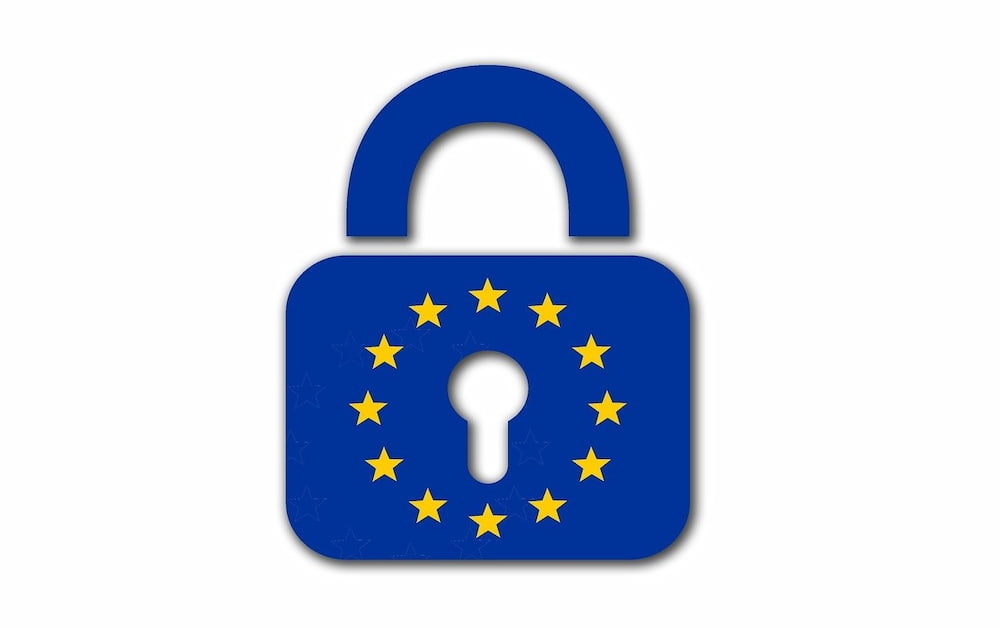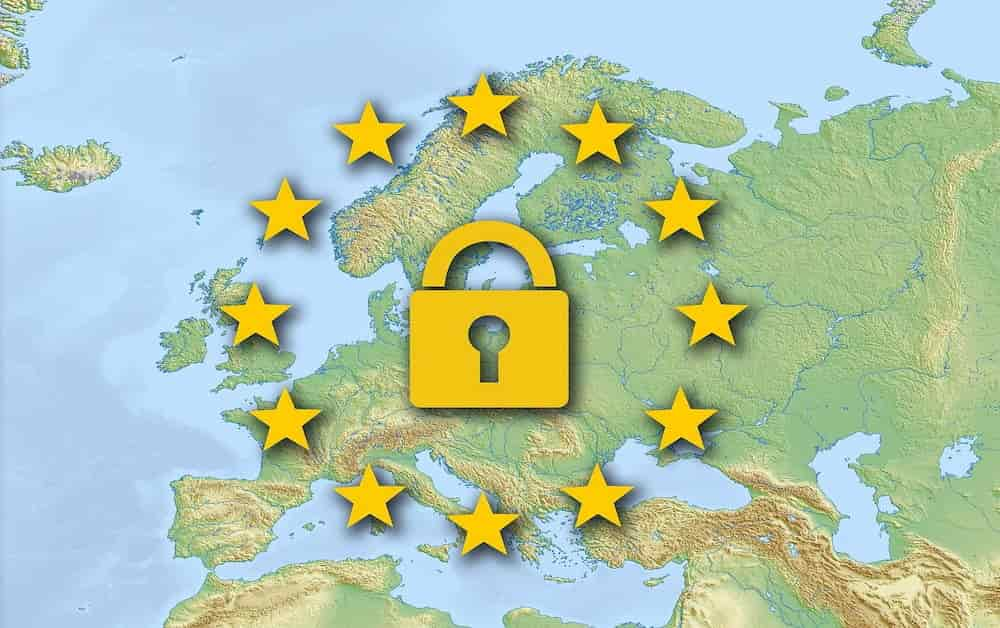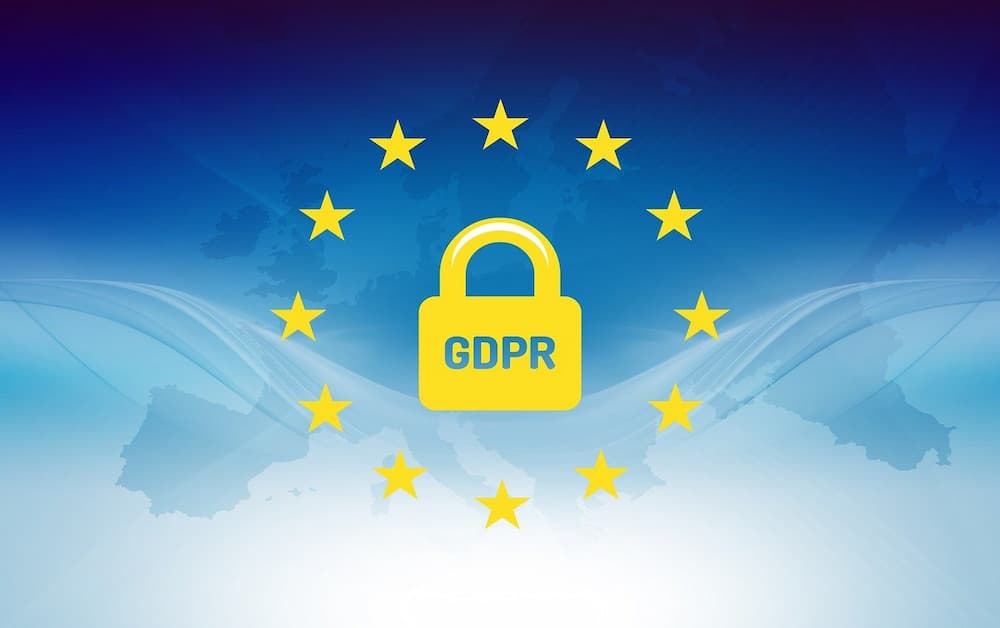Introduction
The General Data Protection Regulation (GDPR) is a comprehensive legal framework enacted by the European Union (EU) to safeguard the privacy and data rights of its citizens. This regulation, which came into effect in May 2018, represents a significant paradigm shift in data protection and privacy laws, exerting a profound impact on how organizations conduct their operations, not only within the EU but also globally. GDPR imposes strict obligations on businesses, necessitating them to adhere to strict guidelines for processing, sharing, and accessing data, thereby promoting greater transparency and accountability in handling personal information.
Strengthening DPAs
The European Parliament has acknowledged the critical importance of strengthening the capacities of data protection authorities (DPAs) throughout the European Union. DPAs play a crucial role in upholding compliance with the General Data Protection Regulation (GDPR), monitoring data processing operations, and enforcing data protection laws. It is imperative to provide additional funding and resources to these authorities to empower them to efficiently address the growing number of data-related concerns.
Role of the European Data Protection Board
The European Data Protection Board (EDPB) is a key institution responsible for overseeing the consistent application of the General Data Protection Regulation (GDPR) across all European Union (EU) member states. It is composed of representatives from each national Data Protection Authority (DPA) and is tasked with ensuring uniformity in how data protection regulations are interpreted and enforced. Recent efforts by the European Parliament have focused on enhancing the EDPB’s authority, with the goal of fostering a more integrated and comprehensive approach to data protection throughout the EU.
Legislative process and the European Parliament’s vote
The legislative process within the European Union is a multi-stage procedure that encompasses the submission of proposals, comprehensive discussions, potential amendments, and ultimately, voting. Notably, the European Parliament has recently conducted a crucial vote regarding measures designed to strengthen the enforcement of the General Data Protection Regulation (GDPR). This signifies a substantial advancement in the overall legislative process. The objective of these measures is to tackle current shortcomings in the regulatory framework, ultimately aiming to provide more comprehensive protection for individuals whose data is being processed.
Data Act: Enhancing data access and portability
The Data Act, a legislative initiative within the European Union, is designed to complement the General Data Protection Regulation (GDPR) by focusing on non-personal data. Its primary objective is to regulate data access and data sharing, with the aim of fostering a competitive data market. The Act seeks to establish fair access rules, enabling both businesses and individuals to harness data generated through a wide range of digital services effectively.
Supervisory authorities and the one-stop-shop mechanism
The General Data Protection Regulation (GDPR) introduced a one-stop-shop mechanism to simplify the process for businesses operating in multiple EU member states. This framework enables companies to interact with a single supervisory authority, streamlining compliance efforts and minimizing administrative burdens. Despite these benefits, the European Parliament has recognized the need for enhancements to ensure consistent enforcement across the EU. Members have called for greater clarity and efficiency within the mechanism, emphasizing the importance of uniformity in GDPR enforcement.

Data sharing obligations and digital markets
Data sharing obligations under the General Data Protection Regulation (GDPR) mandate that organizations can only share personal data under specific conditions, ensuring the protection of individuals’ privacy. These obligations play a critical role in balancing data privacy with the need for innovation in digital markets. Recent initiatives from the European Parliament aim to further develop and clarify these obligations, with a focus on safeguarding the rights of data subjects and fostering a fair and transparent digital economy.
Addressing third-country governmental access
The issue of third-country government access to the personal data of EU citizens has raised significant concerns within the European Union. The General Data Protection Regulation (GDPR) includes provisions aimed at protecting personal data against unauthorized access by non-EU governments. To further strengthen this protection, the European Parliament is advocating for stricter measures to prevent such access. The goal is to ensure that the data of European citizens remains safeguarded, regardless of where it is processed, thereby upholding the fundamental right to data protection within the EU.
Harmonizing data protection rules across the EU
Harmonized data protection rules are crucial for the functioning of the Digital Single Market. The General Data Protection Regulation (GDPR) seeks to establish a standardized framework of regulations that are applicable throughout all EU member states. The European Parliament’s efforts to enhance enforcement are designed to guarantee the consistent implementation of these regulations, thereby removing any potential discrepancies that might compromise data protection.
Impact on businesses and industry representatives
Businesses that operate within the European Union are significantly affected by the General Data Protection Regulation (GDPR) and other associated legislative measures. Representatives from various industries have shown a mixture of both support and apprehension in response to the regulation’s strict requirements. In response to these concerns, the European Parliament recently voted on measures aimed at providing clearer guidance and support for compliance, with a special focus on assisting small and medium-sized enterprises (SMEs).

Ensuring fairness and free movement of data
The GDPR aims to strike a balance between safeguarding data and enabling the free flow of data within the European Union. This equilibrium plays a crucial role in ensuring the smooth operation of the Digital Single Market. The European Parliament is dedicated to guaranteeing that data protection regulations not only safeguard privacy but also promote a secure and competitive digital ecosystem without unnecessarily impeding economic activities.
Enhancing data privacy and security
The General Data Protection Regulation places a strong emphasis on data privacy and security as fundamental principles. The European Parliament has taken significant steps to bolster these concepts, primarily by implementing more rigorous enforcement strategies and increasing the potential fines for failing to comply with GDPR. The intention behind these measures is to dissuade organizations from breaching the regulations and to guarantee that individuals’ data rights are respected and protected.
Addressing the challenges of the digital age
The rapid pace of technological advancement constantly creates new challenges for safeguarding data. The General Data Protection Regulation (GDPR) is designed to be flexible and responsive to these challenges, requiring regular updates to mitigate emerging risks. The European Parliament has taken proactive steps to address evolving concerns, specifically focusing on the regulation of artificial intelligence, the Internet of Things (IoT), and other technologies. These actions significantly impact data privacy and security.
Involvement of law enforcement authorities
Law enforcement authorities are essential for the enforcement of the General Data Protection Regulation (GDPR). The regulation includes provisions for facilitating cooperation between Data Protection Authorities (DPAs) and law enforcement agencies to effectively address violations. The European Parliament stresses the importance of strengthening collaboration and establishing clearer guidelines to improve the effectiveness of this cooperation.
Role of the European Commission and national law
The European Commission plays a key role in supervising and enforcing the General Data Protection Regulation to ensure that it is implemented effectively. This involves collaborating closely with national governments to guarantee that they comply with the regulations set out in the GDPR. It is essential that national laws across the European Union align with the GDPR requirements, and the European Parliament is advocating for stronger oversight to ensure that member states fully incorporate the GDPR principles into their legal frameworks.

European Parliament’s proposed measures to enhance GDPR enforcement
Increased resources for supervisory authorities: The European Parliament has proposed augmenting the resources and capacities of national data protection authorities to ensure they can effectively enforce GDPR regulations.
Strengthening the European Data Protection Board (EDPB): The Parliament aims to empower the EDPB with greater investigatory and decision-making powers, particularly for handling cross-border data protection cases.
Harmonizing enforcement across the EU: Measures include efforts to standardize GDPR enforcement practices across different EU member states to reduce discrepancies and ensure uniform application of the regulation.
Understanding the complementary role of the Data Act
Focus on non-personal Data: While GDPR focuses on personal data protection, the Data Act will regulate non-personal data, ensuring fair access and use of data in the digital market.
Enhancing data portability: The Data Act aims to facilitate data portability, allowing businesses and individuals to transfer non-personal data more seamlessly between services.
Setting clear rules for data sharing: The Data Act will establish transparent data access and sharing guidelines between private entities and public authorities, promoting a competitive data economy while safeguarding data privacy.
Implications of the European Parliament’s recent vote
Increased compliance costs: SMEs might face higher compliance costs due to stricter enforcement of GDPR and the additional requirements under the Data Act.
Enhanced data protection practices: SMEs must adopt more rigorous data protection measures, which could improve overall data security but may require significant adjustments and investments.
Opportunities for growth: The new regulations could offer SMEs new opportunities for innovation and collaboration in the digital economy by fostering a more transparent and competitive data market.
Conclusion
The European Parliament’s ongoing initiatives to strengthen the enforcement of the General Data Protection Regulation demonstrate a strong commitment to enhancing data protection across the EU. These efforts involve identifying and addressing specific loopholes in the regulation, empowering Data Protection Authorities (DPAs) with advanced resources and expertise, and promoting consistent and standardized regulations throughout the EU member states.
By prioritizing the protection of individuals’ data rights while simultaneously fostering an environment of innovation and fair competition in the digital industry, the EU is taking critical steps to adapt to the expanding digital landscape. Implementing these measures is imperative to creating a resilient and trustworthy digital ecosystem, which is vital for the overall well-being of all European citizens in the era of rapid digital evolution.




